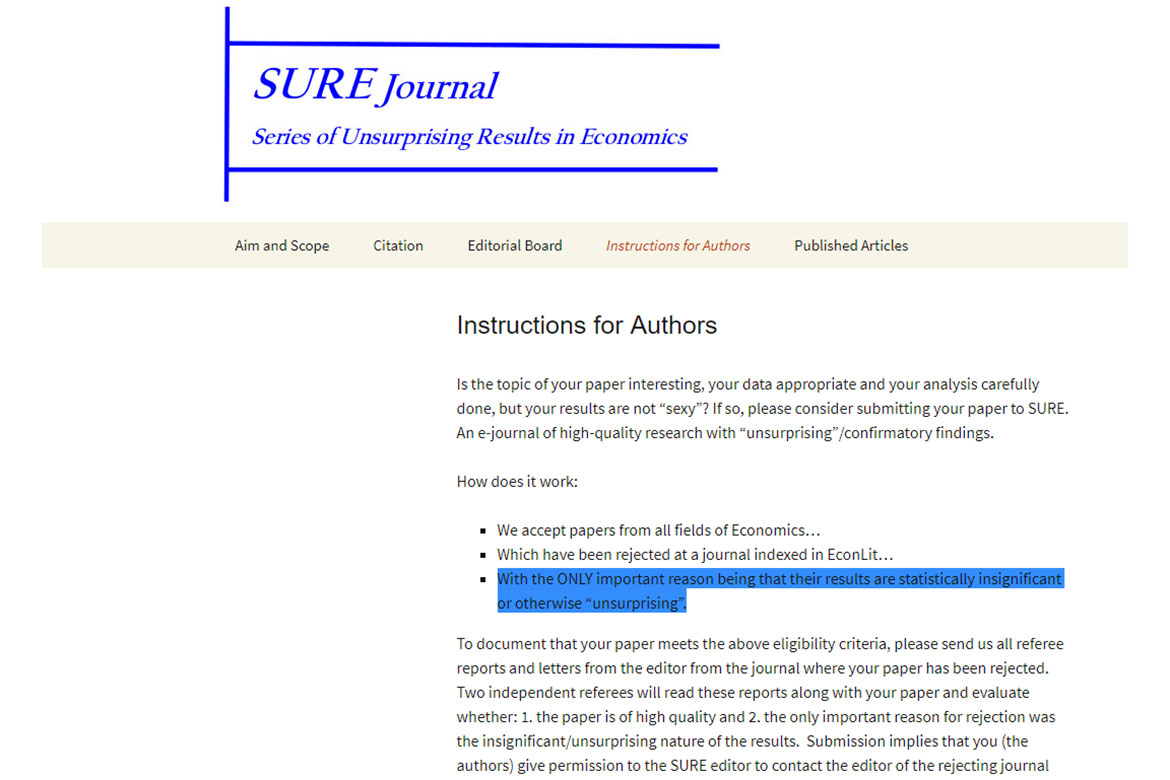Debate
Should rising military budgets be used to mitigate funding cuts in science research?
Research budgets are dwindling while military budgets are rising. Could there be an opportunity here to mitigate research cuts by investing in armaments research?

Photo: provided by subject

Photo: provided by subject
The current context is characterised by increased military spending and by austerity in civil research and innovation specifically. We therefore need to improve how to identify opportunities, thereby harnessing the winds of this perfect storm. In other words, we should use part of the funds now allocated to the military to counter the impact of budget cuts imposed on civilian research and innovation.
There are three reasons for this. First, the model of interaction between civil research and military research has proven effective in the past, benefiting both areas. The best example comes from the United States during the Cold War period when the resources allocated to the Department of Defense provided abundant support for civil research and innovation. Secondly, this model already exists in Switzerland. There are many research relations between the Federal Office of Defence Procurement (armasuisse) and the higher education sector.
Thirdly, increasing these interactions would allow resources withdrawn from institutional budgets in the field of education, research and innovation to be donated to them through programmes funded by the military, including for research and innovation in the field of dual-use technologies.
To maximise the effects of this model, military agencies need to increase their research management capacity – following the US model (Darpa) of military research funding – whereas they remain too focused today on the acquisition of off-the-shelf weapons systems. In addition, these military agencies must work in cooperation with Innosuisse and the SNSF to develop programmes that promote truly win-win financing solutions for both areas.
Dominique Foray is a professor emeritus in innovation management at EPFL and a member of the Swiss Science Council.
When Europe’s first universities were founded, research served primarily to legitimise the prevailing societal and political order. It was still a long way to the Enlightenment. But things developed rapidly. And progress was fuelled by new research methods and by the successive emancipation of the universities from the political systems in which they were embedded. It’s meanwhile a proven fact that the most important innovations are generated by free research. Society thus derives the greatest benefit from science when it’s allowed to proceed along its own paths. This by no means negates the public’s right to a return on its investment. Quite the contrary, in fact. It’s the independence of both systems – research and politics – that guarantees the greatest mutual benefit.
But in times of political crises, even things that we might otherwise take for granted can come under pressure. This is why people are wondering today whether we might use rising military budgets to fill the gaps caused by a fall in research funding. But quite apart from the fact that there are only a few disciplines that could possibly benefit, the idea itself calls into question an elementary principle of research ethics, namely, that research should not cause avoidable suffering.
This is why the University of Basel, for example, prohibits any and all research that is related to armaments. Projects that can serve both military and civilian purposes are subject to authorisation, thereby ensuring that we don’t prevent research with primarily civilian applications just because it might have military spin-offs. This is all dependent on those responsible taking the appropriate precautions, such as guaranteeing the open accessibility of results.
Such procedures ensure that the University remains committed to free and open research. We can only hope that this will continue to be the case in future, also at the Federal Institutes of Technology, despite everyone being under pressure to save money.
Laurent Goetschel is a professor of political science at the University of Basel and the director of the swisspeace institute.

Photo: ZVG
The current context is characterised by increased military spending and by austerity in civil research and innovation specifically. We therefore need to improve how to identify opportunities, thereby harnessing the winds of this perfect storm. In other words, we should use part of the funds now allocated to the military to counter the impact of budget cuts imposed on civilian research and innovation.
There are three reasons for this. First, the model of interaction between civil research and military research has proven effective in the past, benefiting both areas. The best example comes from the United States during the Cold War period when the resources allocated to the Department of Defense provided abundant support for civil research and innovation. Secondly, this model already exists in Switzerland. There are many research relations between the Federal Office of Defence Procurement (armasuisse) and the higher education sector. Thirdly, increasing these interactions would allow resources withdrawn from institutional budgets in the field of education, research and innovation to be donated to them through programmes funded by the military, including for research and innovation in the field of dual-use technologies.
To maximise the effects of this model, military agencies need to increase their research management capacity – following the US model (Darpa) of military research funding – whereas they remain too focused today on the acquisition of off-the-shelf weapons systems. In addition, these military agencies must work in cooperation with Innosuisse and the SNSF to develop programmes that promote truly win-win financing solutions for both areas.
Dominique Foray is a professor emeritus in innovation management at EPFL and a member of the Swiss Science Council.

Photo: ZVG
When Europe’s first universities were founded, research served primarily to legitimise the prevailing societal and political order. It was still a long way to the Enlightenment. But things developed rapidly. And progress was fuelled by new research methods and by the successive emancipation of the universities from the political systems in which they were embedded. It’s meanwhile a proven fact that the most important innovations are generated by free research. Society thus derives the greatest benefit from science when it’s allowed to proceed along its own paths. This by no means negates the public’s right to a return on its investment. Quite the contrary, in fact. It’s the independence of both systems – research and politics – that guarantees the greatest mutual benefit.
But in times of political crises, even things that we might otherwise take for granted can come under pressure. This is why people are wondering today whether we might use rising military budgets to fill the gaps caused by a fall in research funding. But quite apart from the fact that there are only a few disciplines that could possibly benefit, the idea itself calls into question an elementary principle of research ethics, namely, that research should not cause avoidable suffering.
This is why the University of Basel, for example, prohibits any and all research that is related to armaments. Projects that can serve both military and civilian purposes are subject to authorisation, thereby ensuring that we don’t prevent research with primarily civilian applications just because it might have military spin-offs. This is all dependent on those responsible taking the appropriate precautions, such as guaranteeing the open accessibility of results. Such procedures ensure that the university remains committed to free and open research. We can only hope that this will continue to be the case in future, also at the Federal Institutes of Technology, despite everyone being under pressure to save money.
Laurent Goetschel is a professor of political science at the University of Basel and the director of the swisspeace institute.




